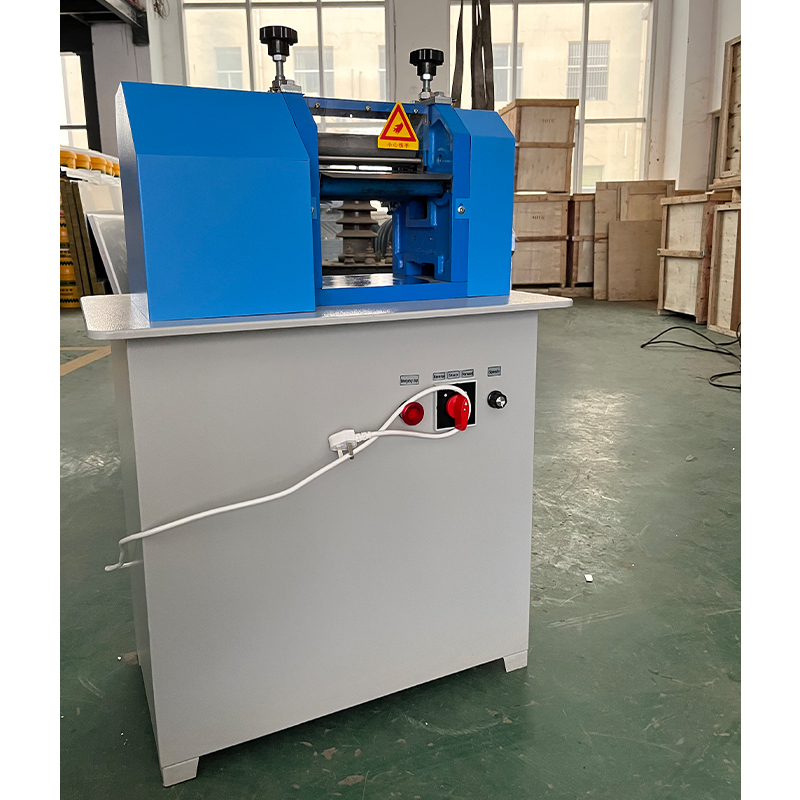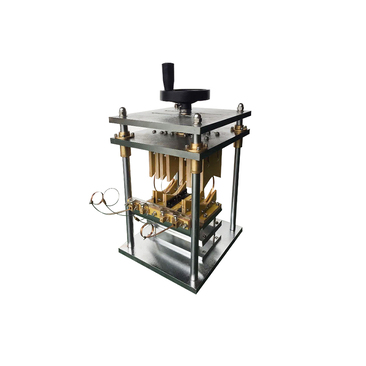High Precision Tensile Testing Machine - Leading Computer Control Universal Tensile Testing Machine Manufacturers & Suppliers
- Introduction to tensile testing machine
s and market overview - Latest technological advancements and their impact on precision
- Comparative analysis of leading manufacturers, suppliers, and exporters
- Customization possibilities and user-driven solutions
- Data-backed performance: Case studies and application scenarios
- Guidelines for choosing the right tensile testing equipment provider
- Future outlook and trends in the tensile testing machine industry

(tensile testing machine)
Understanding the Impact of Tensile Testing Machine Technology
Global manufacturing and scientific research standards have evolved rapidly over the past decade, demanding higher precision, reliability, and cost-efficiency from testing equipment. The tensile testing machine stands as a core instrument in quality control—critical for evaluating the tensile strength, elongation, and other material properties essential to engineering, automotive, aerospace, medical devices, and more. Industry reports estimate that the tensile testing machine market exceeded USD 720 million in 2023, driven by escalating material innovation and an ever-increasing need for compliance across industries. This surge highlights the importance of modern solutions, especially as businesses seek computer control universal tensile testing machine manufacturers who can deliver not just hardware, but integrated digital systems tailored to evolving industry benchmarks.
Breakthroughs in Technology & Precision: How Modern Solutions Reduce Errors
The advent of computer-automated controls and intelligent feedback loops has transformed traditional tensile test operations. Contemporary computer control universal tensile testing machines incorporate high-resolution load cells, programmable speed controls, digital extensometers, and smart calibration systems. These upgrades yield measurable improvements:
- Measurement precision: tolerances of ≤0.5% of indicated load, surpassing previous-generation analog systems with ~1%–2% tolerance.
- Automated data logging: real-time transfer of test results, reducing manual transcription errors by over 80%.
- Expanded testing range: advanced machines accommodate loads from 1N to 600kN, making them adaptable for both micro and macro testing applications.
- Remote diagnostics and maintenance: integrated IoT and AI-driven predictive maintenance extend equipment uptime by an estimated 25% annually (based on manufacturer field service records).
Supplier Showdown: Manufacturers, Suppliers, and Exporters Compared
Selecting the right computer control universal tensile testing machine supplier or exporter extends far beyond price. Customers weigh reliability, after-sales support, system integration, and international compliance. Consider the following comparative data table (2024 Q1 analysis of industry leaders):
| Company | Typical Load Capacity (kN) | Accuracy Class | Turnaround Time (weeks) | Global Certifications | After-Sales Network |
|---|---|---|---|---|---|
| Alpha Materials Systems | 5–600 | 0.5% | 3–5 | ISO, ASTM, CE | Global, 24/7 |
| Beta Universal Instruments | 10–300 | 1.0% | 6–10 | ISO, ASTM | Regional, Bilingual |
| Delta Precision Exporters | 1–1000 | 0.5% | 4–7 | ISO, CE | International Hubs |
| Gamma Controls Technologies | 2–500 | 0.5% | 2–4 | ISO | National Tech Engineers |
The above table accentuates the importance of evaluating technical, logistical, and support benchmarks, particularly when sourcing from computer control universal tensile testing machine exporters for geographically diverse operations.
Customization and Integration: Tailoring Solutions for Unique Needs
Off-the-shelf equipment rarely aligns perfectly with demanding material testing workflows. Forward-thinking manufacturers provide extensive options for customization, including:
- Software integration with LIMS/ERP systems and custom reporting modules.
- Fixture versatility (grips for wires, ropes, plastics, biological samples).
- Environmental chambers for simulating temperature or humidity extremes.
- Specialized extensometers for niche materials, from ultra-thin films to high-strength alloys.
Performance in Action: Application Scenarios and Case Studies
To underscore the versatility and power of modern tensile testers, let’s examine real-life scenarios:
- Automotive OEM: Deploying a fully customized 500kN system reduced paint-shop recall rates by 13% due to more accurate tensile characterization of steel panels.
- Medical Device Manufacturer: Using sub-1kN sensitive modules for suture and polymer testing, improved pass/fail reliability from 89% to 99.3%.
- Polymer R&D Lab: Integration with cloud data-logging enabled cross-continental teams to collaborate in real time, trimming product release cycles by over 22 days.
Choosing the Right Partner: Best Practices in Supplier Selection
Whether acting as a procurement specialist or R&D manager, your selection process should encompass the following best practices:
- Define test parameters: Material type, load range, test frequency, and required accuracy.
- Assess technical support: Evaluate training, calibration, and onsite servicing.
- Scrutinize integration capabilities: Confirm compatibility with existing software and lab infrastructure.
- Verify certifications: Ensure strict adherence to ISO, ASTM, or industry-specific compliance mandates.
- Review total lifecycle costs: Analyze not just acquisition, but also operation, maintenance, and downtime risks.
Future Outlook: Trends Shaping Tomorrow’s Tensile Testing Machine Industry
The tensile testing machine sector stands at a technological inflection point. Upcoming trends include AI-driven material property prediction, expanded remote testing, eco-friendly machine designs, and plug-and-play modular components. With annual demand in Asia and North America growing at 8.5% and 6.1%, respectively, providers who deliver customization, rapid digital integration, and robust after-sales support distinguish themselves within the fiercely competitive landscape of computer control universal tensile testing machine manufacturers. In this climate of constant evolution, investments in advanced tensile testing are no longer optional; they are the foundation for enhanced quality, accelerated product launch, and sustainable growth across sectors.

(tensile testing machine)
FAQS on tensile testing machine
Q: What is a tensile testing machine?
A: A tensile testing machine is equipment used to test the strength and elongation of materials under tensile (pulling) forces. It provides essential data for material properties. This is key for quality control and research purposes.Q: What advantages do computer control universal tensile testing machine manufacturers offer?
A: Computer control manufacturers ensure precise measurement, automation, and data recording with their machines. Their products often include advanced software and calibration support. This results in more reliable and repeatable testing outcomes.Q: How can I find a reputable computer control universal tensile testing machine supplier?
A: Look for suppliers with certifications, positive client reviews, and robust technical support. Experience and customized solutions are also important factors. Request product demos or references for additional assurance.Q: What are the benefits of buying from computer control universal tensile testing machine exporters?
A: Exporters can provide global shipping, competitive pricing, and compliance with international standards. They often offer multilingual support and customs documentation assistance. This simplifies the purchasing process for international clients.Q: Is training required to operate a computer control universal tensile testing machine?
A: Basic training is usually recommended for safe and effective operation. Many manufacturers or suppliers offer user manuals and on-site or online training sessions. This helps ensure accurate test results and safe usage.-
Why the Conductor Resistance Constant Temperature Measurement Machine Redefines Precision
NewsJun.20,2025
-
Reliable Testing Starts Here: Why the High Insulation Resistance Measuring Instrument Is a Must-Have
NewsJun.20,2025
-
Flexible Cable Flexing Test Equipment: The Precision Standard for Cable Durability and Performance Testing
NewsJun.20,2025
-
Digital Measurement Projector: Precision Visualization for Modern Manufacturing
NewsJun.20,2025
-
Computer Control Electronic Tensile Tester: Precision and Power for the Modern Metal Industry
NewsJun.20,2025
-
Cable Spark Tester: Your Ultimate Insulation Assurance for Wire and Cable Testing
NewsJun.20,2025
 Copyright © 2025 Hebei Fangyuan Instrument & Equipment Co.,Ltd. All Rights Reserved. Sitemap | Privacy Policy
Copyright © 2025 Hebei Fangyuan Instrument & Equipment Co.,Ltd. All Rights Reserved. Sitemap | Privacy Policy
